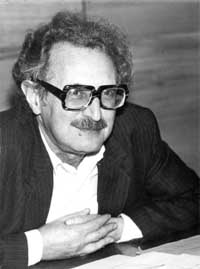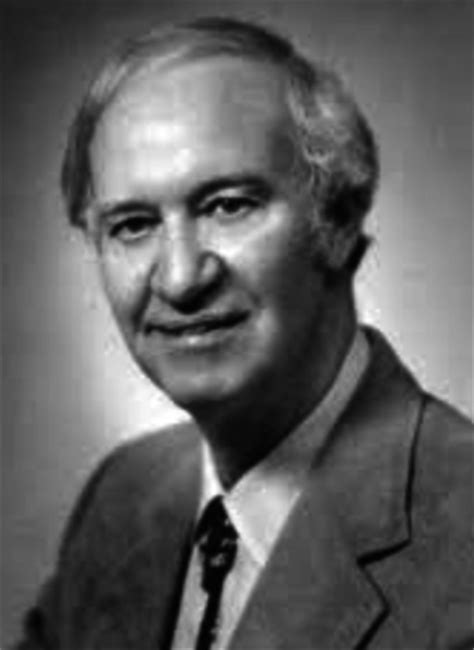A Quote by Horace Mann
The teacher who is attempting to teach without inspiring the pupil with a desire to learn is hammering on cold iron.
Related Quotes
One is born to be a dancer. No teacher can work miracles, nor will years of training make a good dancer of an untalented pupil. One may be able to acquire a certain technical facility, but no one can ever 'acquire an exceptional talent.' I have never prided myself on having an unusually gifted pupil. A Pavlova is no one's pupil but God's.
Often nothing keeps the pupil on the move but his faith in his teacher, whose mastery is now beginning to dawn on him .... How far the pupil will go is not the concern of the teacher and master. Hardly has he shown him the right way when he must let him go on alone. There is only one thing more he can do to help him endure his loneliness: he turns him away from himself, from the Master, by exhorting him to go further than he himself has done, and to "climb on the shoulders of his teacher."
Fears to look bad in front of other people, to say something wrong, to be laughed at - all those fears deprive us of half of our abilities. This is one of the main school problems. That teacher understands it, who can teach students to study without fear of the teacher, without fear of classmates, and, the most important, without fear of a subject.
The most valuable thing a teacher can impart to children is not knowledge and understanding per se but a longing for knowledge and understanding, and an appreciation for intellectual values, whether they be artistic, scientific, or moral. It is the supreme art of the teacher to awaken joy in creative expression and knowledge. Most teachers waste their time by asking questions that are intended to discover what a pupil does not know, whereas the true art of questioning is to discover what the pupil does know or is capable of knowing.
We will learn no matter what! Learning is as natural as rest or play. With or without books, inspiring trainers or classrooms, we will manage to learn. Educators can, however, make a difference in what people learn and how well they learn it. If we know why we are learning and if the reason fits our needs as we perceive them, we will learn quickly and deeply.
We should never pretend to know what we don't know, we should not feel ashamed to ask and learn from people below, and we should listen carefully to the views of the cadres at the lowest levels. Be a pupil before you become a teacher; learn from the cadres at the lower levels before you issue orders.



































